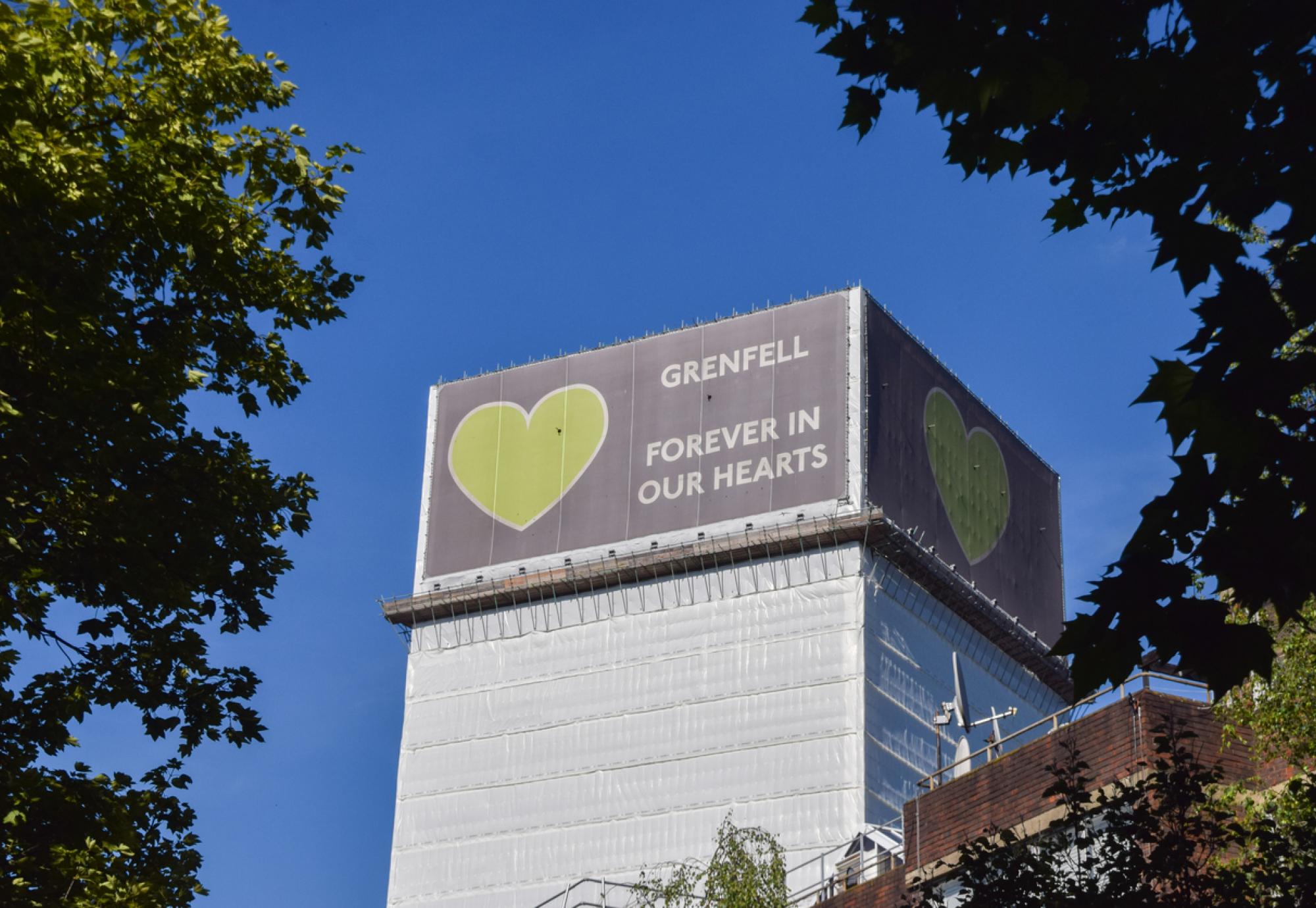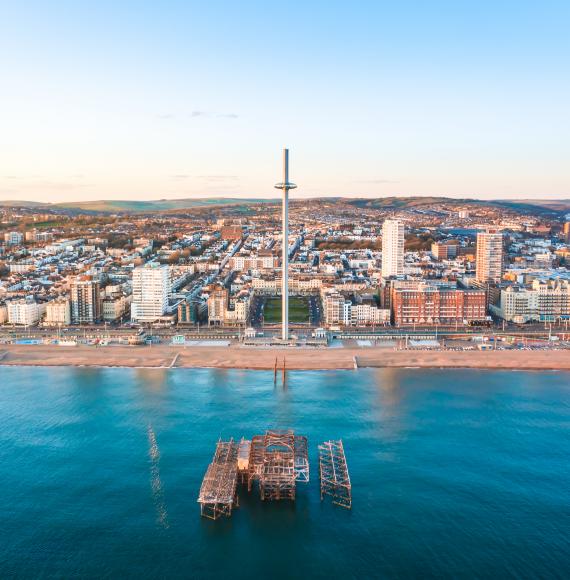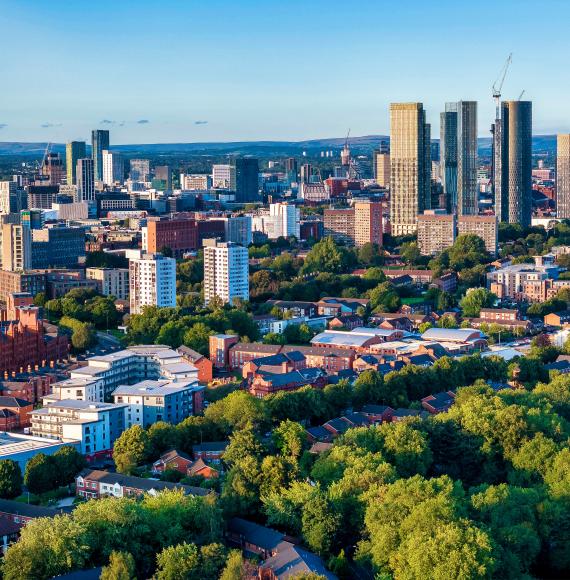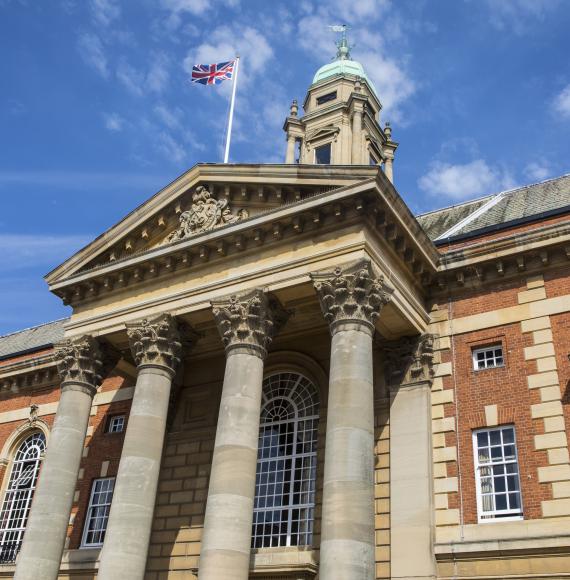The final report into the tragic Grenfell Tower fire has been published this morning, seven years on from the blaze that broke out in a West London tower block and left 72 people dead.
Breaking out in the early hours of the morning on the 14th June 2017, the fire spread quickly up the building and led to an emergency response that included more than 200 firefighters and the London Fire Brigade declaring it a major incident. The inquiry into the tragedy was ordered only days after by then Prime Minister Theresa May, with the aftermath of the event uncovering major issues with the building’s safety.
The first phase of the inquiry looked into how the fire spread so quickly through the building, including the response from the emergency services. This found failings within the London Fire Brigade, including weaknesses in the supervision of control room staff and a lack of access to information for responders on the ground.
In the years since the tragedy, a number of measures have been put in place to try and stop anything like this from happening again, including a requirement for buildings to replace the dangerous cladding that allowed the fire to spread, however, figures from the Ministry of Housing, Communities and Local Government show that – as of the end of July this year – there were still 4,630 residential buildings over the height of 11 metres that were identified as having unsafe cladding. Of these, 2,299 have either begun or completed the process of remediation.
The second phase report looked into those who were responsible for the failings that led to the tragedy, with Inquiry Chair Sir Martin Moore-Bick stating that all 72 deaths were avoidable. Some of the people who have been deemed to have been responsible for the chain of events that unfolded included:
- The UK Government
- The Royal Borough of Kensington and Chelsea
- The London Fire Brigade
- The principal contractor
- Those who certified the materials for use on the building
Sir Moore-Bick did say that not all of the organisations “bear the same degree of responsibility for the eventual disaster.”
The report has led to even more calls for change within the industry, and across government, with this including the related secretary of state bringing a Chief Construction Advisor on board to advise on all matters. Within the report’s recommendations, there has also been a call for all fire brigades to learn from the experiences of others, with this being vital to driving best practice across the country – including through a more streamlined and less bureaucratic approach to management.
Failures relating to the Royal Borough of Kensington and Chelsea come with the way that those who were displaced in the aftermath of the tragedy were dealt with, as well as how local authority employees were trained to deal with the emergency within the communication centre. Recommendations made in the report include further training for all employees – including Chief Executives – and making extra arrangements for placing people in temporary accommodation.
Moving forward, the publication of the report can now support the police as they work to hold those responsible to account, however the Metropolitan Police has outlined how this process could take up to 18 months. Deputy Assistant Commissioner of the Met Stuart Cundy released the following statement:
"The publication of today's inquiry report is a significant milestone for those deeply affected by the tragedy.
“The thoughts of the Met are especially with the bereaved, survivors and residents as well as the wider Grenfell community.
"We remember with much sadness all those who lost their lives.
"The report is direct, comprehensive and reaches clear conclusions.
"Our police investigation is independent of the public inquiry. It operates under a different legal framework and so we cannot simply use the report’s findings as evidence to bring charges.
"To secure justice for those who died and all those affected by the fire we must examine the report - line by line - alongside the evidence from the criminal investigation. As I said previously, this will take us at least 12-18 months.
"This will lead to the strongest possible evidence being presented to the Crown Prosecution Service so they can make charging decisions. I can't pretend to imagine the impact of such a long police investigation on the bereaved and survivors, but we have one chance to get our investigation right.
"We will be thorough and diligent in our investigation while moving as swiftly as possible. We owe that to those who died and all those affected by the tragedy."
As part of a statement released on his X.com account, Mayor of London Sadiq Khan said that:
“This simply must finally be a turning point in the history of our city and country. All those responsible must act on the recommendations made by the inquiry, ensuring all lessons are learned. We must also tackle the glaring structural injustices and social and racial inequalities that undoubtedly contributed to this catastrophe – and the way this community has been treated since.”
Image credit: iStock



















